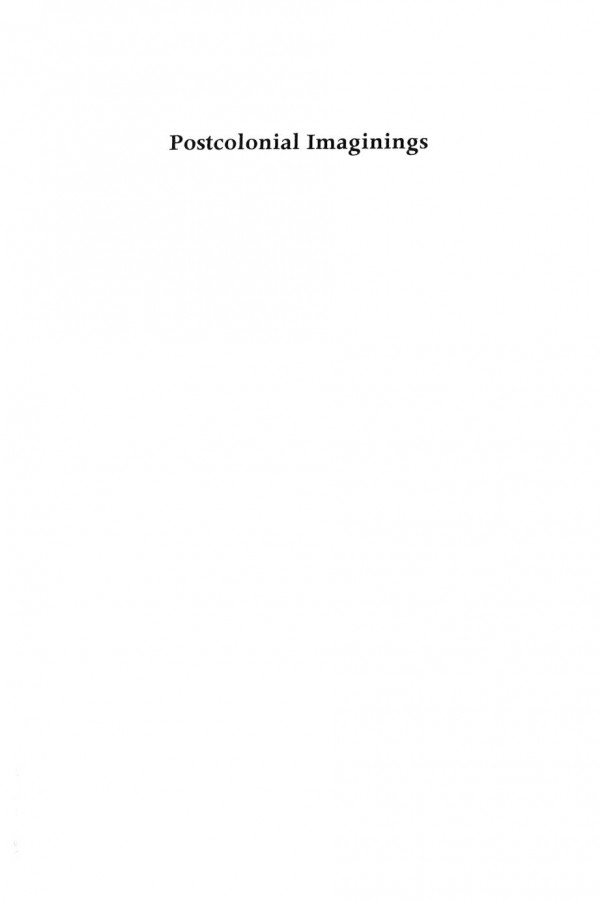

Most ebook files are in PDF format, so you can easily read them using various software such as Foxit Reader or directly on the Google Chrome browser.
Some ebook files are released by publishers in other formats such as .awz, .mobi, .epub, .fb2, etc. You may need to install specific software to read these formats on mobile/PC, such as Calibre.
Please read the tutorial at this link: https://ebookbell.com/faq
We offer FREE conversion to the popular formats you request; however, this may take some time. Therefore, right after payment, please email us, and we will try to provide the service as quickly as possible.
For some exceptional file formats or broken links (if any), please refrain from opening any disputes. Instead, email us first, and we will try to assist within a maximum of 6 hours.
EbookBell Team

4.0
56 reviewsThis deeply engaging, historically and culturally informed book provides new perspectives on a wide range of writers, and at the same time provides a radically new development of many of the most pertinent issues in the field of postcolonial writing and theory. It constitutes a major new engagement between the 'postcolonial' and a conception of the literary which is richly innovative in its deployment of psychoanalytic, deconstructive and other approaches to the text.
The book begins with some brief background to the issue of decolonisation and its contemporary effects. It is informed throughout by a clear sense of literary and political context, within which chosen texts - by well-known writers (Derek Walcott, Chinua Achebe, Edward Kamau Brathwaite) as well as less well-known ones (Joan Riley, Susan Power, Abdulrazak Gurnah) and writers not often seen in a postcolonial context (James Kelman, Seamus Deane, Hanif Kureishi) - can be situated. The chapters which follow are based around themes such as violent geographics; hallucination, dream and the exotic; mourning and melancholy; diaspora and exile; delocalisation and the alibi. This profoundly new approach to the complexities of the postcolonial allows the reader to appreciate some of the richness, but at the same time the political and cultural ambivalence, which underlies postcolonial writing.
Throughout the book David Punter continually questions, as one would expect from his many previous books, the definition and scope of the 'postcolonial'. It is seen throughout as a phenomenon not restricted to the ex- or neo-colonies but as a key characterisation of all our lives at the beginning of the twenty-first century. It is an indissoluble part of the development of national imaginings and, at the same time, an alibi for the emergence of a violently assertive 'new world order' committed to the management or obliteration of difference. By juxtaposing texts from different cultural traditions and topographies, from Things Fall Apart to The Bone People, from Another Life to Feeding the Ghosts, from A House for Mr Biswas to The Black Album, David Punter points to the explosion of energy which characterises postcolonial writing while also raising crucially new questions about the relation between this literary energy, the professionalisation of Western literary criticism, the meaning of the notion of 'theory' and the wider global political and economic climate.
Key Features